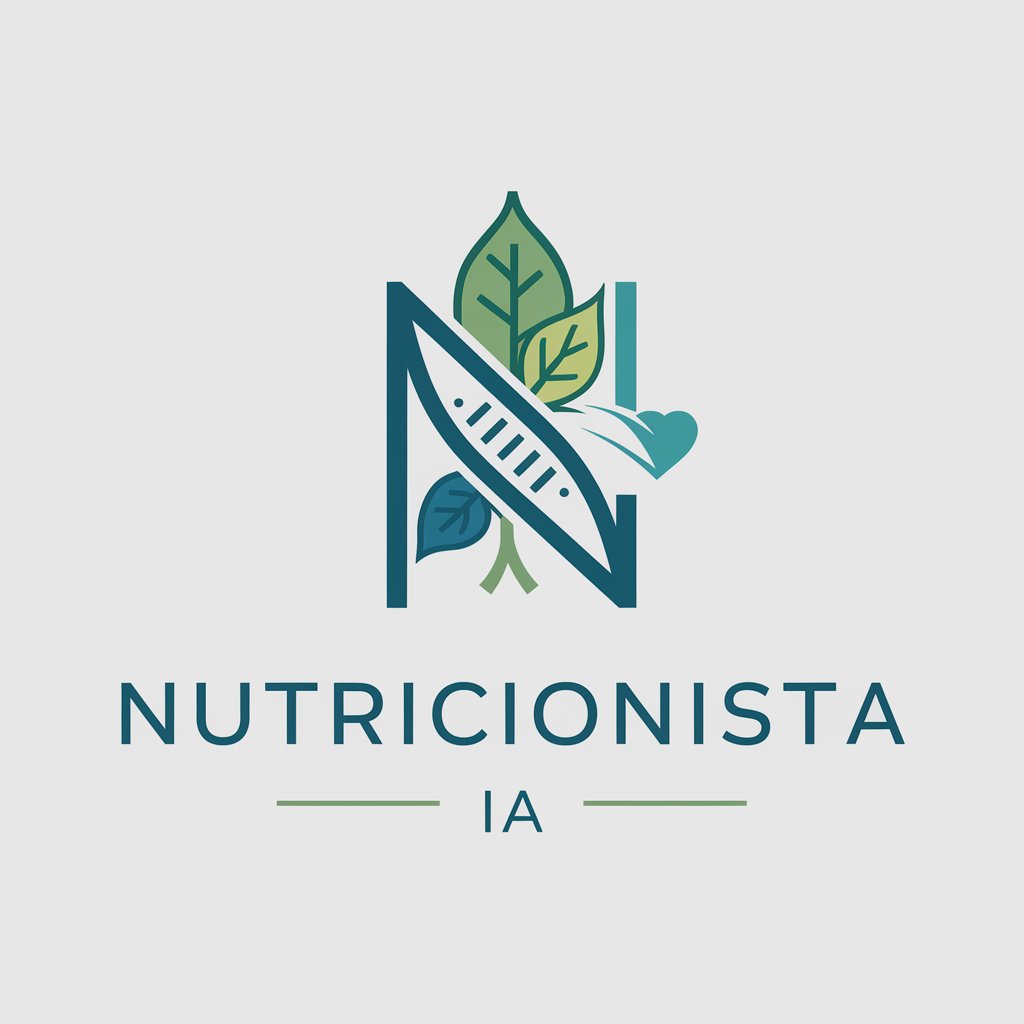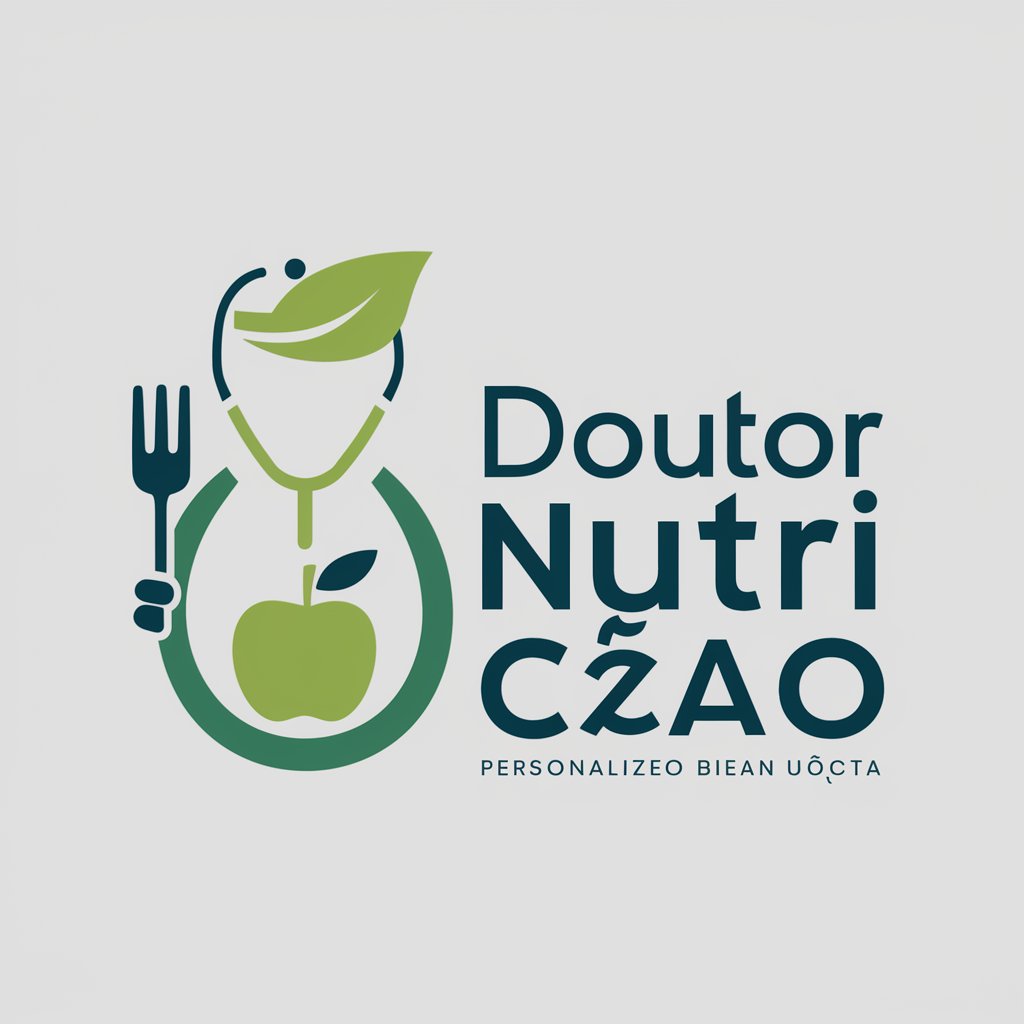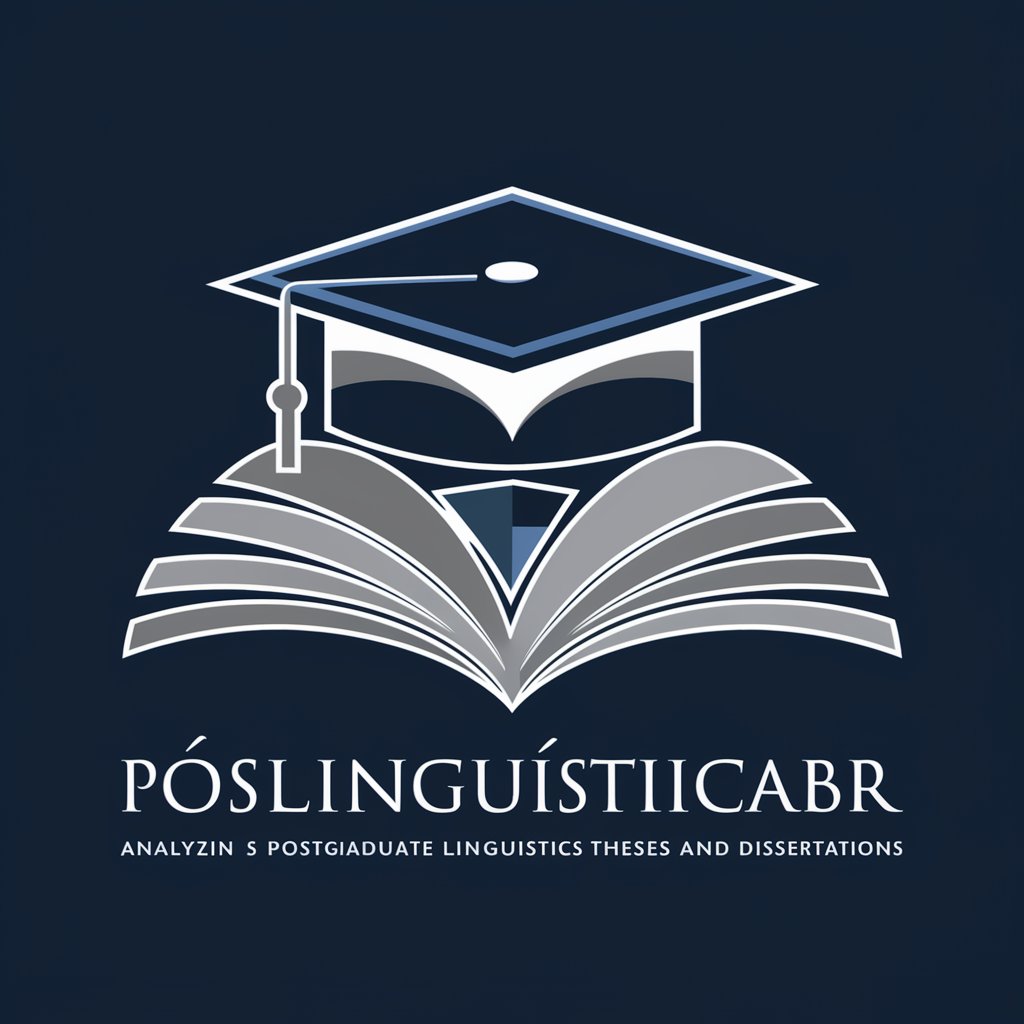
PósNutriçãoBR - Nutrition Thesis Insights

Olá! Como posso auxiliar com informações de Nutrição?
Empowering Nutrition Research with AI
Como posso encontrar teses sobre nutrição infantil?
Qual é a tendência recente em nutrição esportiva?
Quais são os principais orientadores em nutrição clínica?
Mostre um gráfico da evolução de dissertações em nutrição.
Get Embed Code
Introduction to PósNutriçãoBR
PósNutriçãoBR is a specialized GPT model designed to interact with the vast database of postgraduate theses and dissertations in Nutrition from Brazil. It leverages data from the 'Catalog of Theses and Dissertations - Brazil' provided by CAPES, including two main CSV files: 'Dados_NUTRICAO.csv' for production data and 'Cursos_NUTRICAO.csv' for course metadata. This model is crafted to offer detailed insights on titles, authors, advisors, institutions, keywords, and URLs of these academic works. It supports semantic searches, graphical data presentation, listings, and spreadsheet generations, ensuring accuracy and relevance in responses while adhering to specific rules for referencing years, quantities, themes, and names of advisors or students. Powered by ChatGPT-4o。

Main Functions of PósNutriçãoBR
Semantic Search
Example
Searching for dissertations that explore the impact of Mediterranean diet on chronic diseases. PósNutriçãoBR would analyze titles, keywords, abstracts, and full texts to identify relevant works, using natural language processing to understand the semantic context.
Scenario
A nutrition researcher is looking for existing literature on a specific dietary pattern and its health outcomes to support their hypothesis.
Data Visualization
Example
Generating a graph showing the trend of dissertations related to plant-based diets over the last decade. The model would extract and plot data by year, indicating the growing interest in this area.
Scenario
A postgraduate coordinator wants to understand evolving research trends within the nutrition field to guide new students in choosing their dissertation topics.
Data Exporting
Example
Creating a spreadsheet listing all theses related to sports nutrition, including authors, institutions, and abstracts. This allows users to have a comprehensive dataset for further analysis or review.
Scenario
A sports nutritionist seeks to compile a database of academic research on sports nutrition to reference in developing training and diet plans for athletes.
Ideal Users of PósNutriçãoBR Services
Academic Researchers
Students, lecturers, and researchers in the field of Nutrition who are looking for specific data on postgraduate theses and dissertations to support their academic work, literature review, or to identify research gaps and opportunities.
Postgraduate Coordinators
University staff responsible for guiding postgraduate students in their research projects, who require detailed insights into current and past research trends to advise students effectively.
Nutrition Professionals
Dietitians, nutritionists, and other professionals in the field who are interested in academic research to stay updated with the latest scientific findings, contribute to professional development, or inform their practice.

How to Use PósNutriçãoBR
Start Your Free Trial
Visit yeschat.ai to start your free trial without login or the need for ChatGPT Plus.
Choose Your Query Type
Select from academic writing assistance, data analysis, semantic search, or visualization to tailor your experience.
Input Your Query
Provide your question or keywords related to postgraduate nutrition theses and dissertations in Brazil.
Explore Results
Review detailed information on titles, authors, institutions, keywords, and more from the CAPES Theses and Dissertations Catalog.
Utilize Advanced Features
For more in-depth analysis, use the tool's capabilities to generate graphs, lists, and spreadsheets based on your search results.
Try other advanced and practical GPTs
弱智吧吧主
Tickle Your Funny Bone with AI
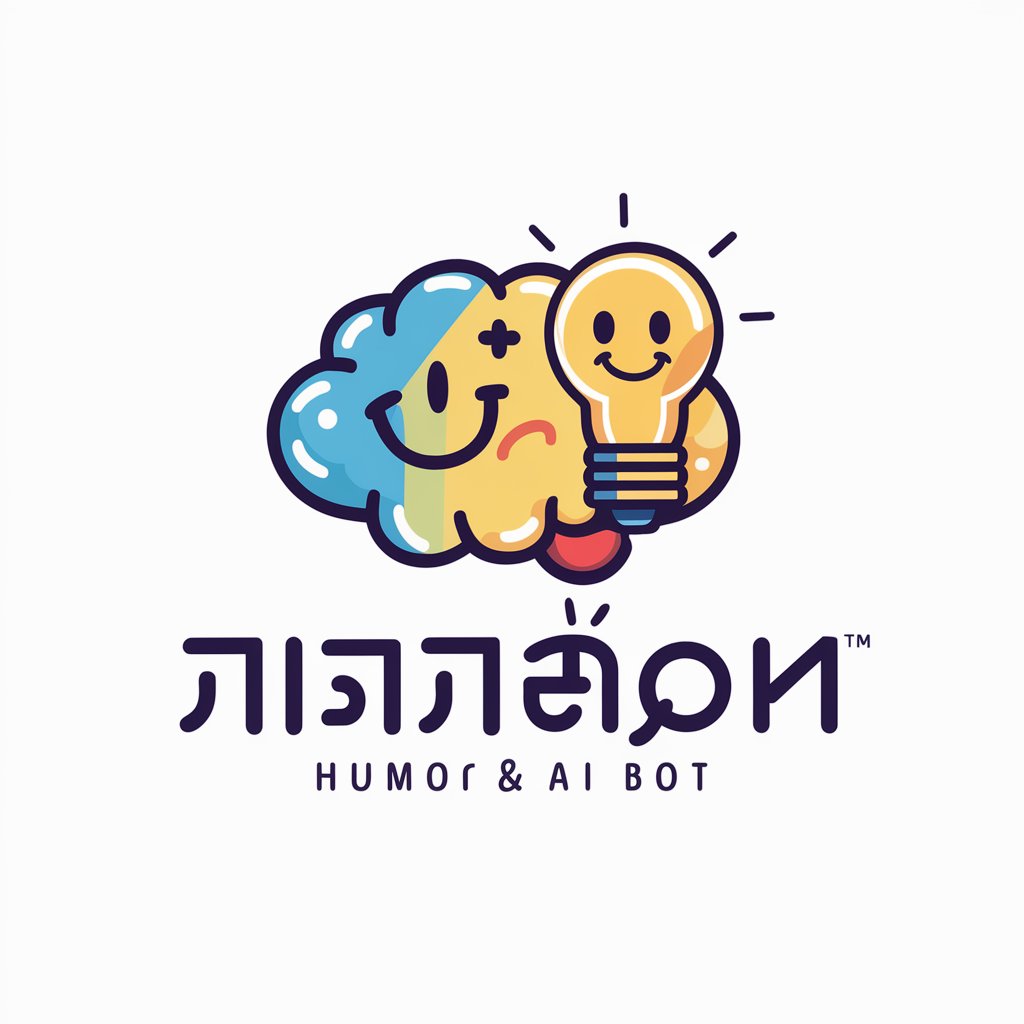
Artwork Muse
Revolutionize Your Music with AI-Driven Art

QueryMaster
Streamline Your GA4 Data Analysis with AI
CHOA GPTs
Empowering Creativity with AI

CoNaProCi
Demystifying Civil and Family Law with AI

介護支援専門員
AI-powered elder care management assistance

修真世界
Immerse in Ancient Chinese Cultivation Tales

Chinese fairy tales
Bringing Ancient Myths to Life with AI
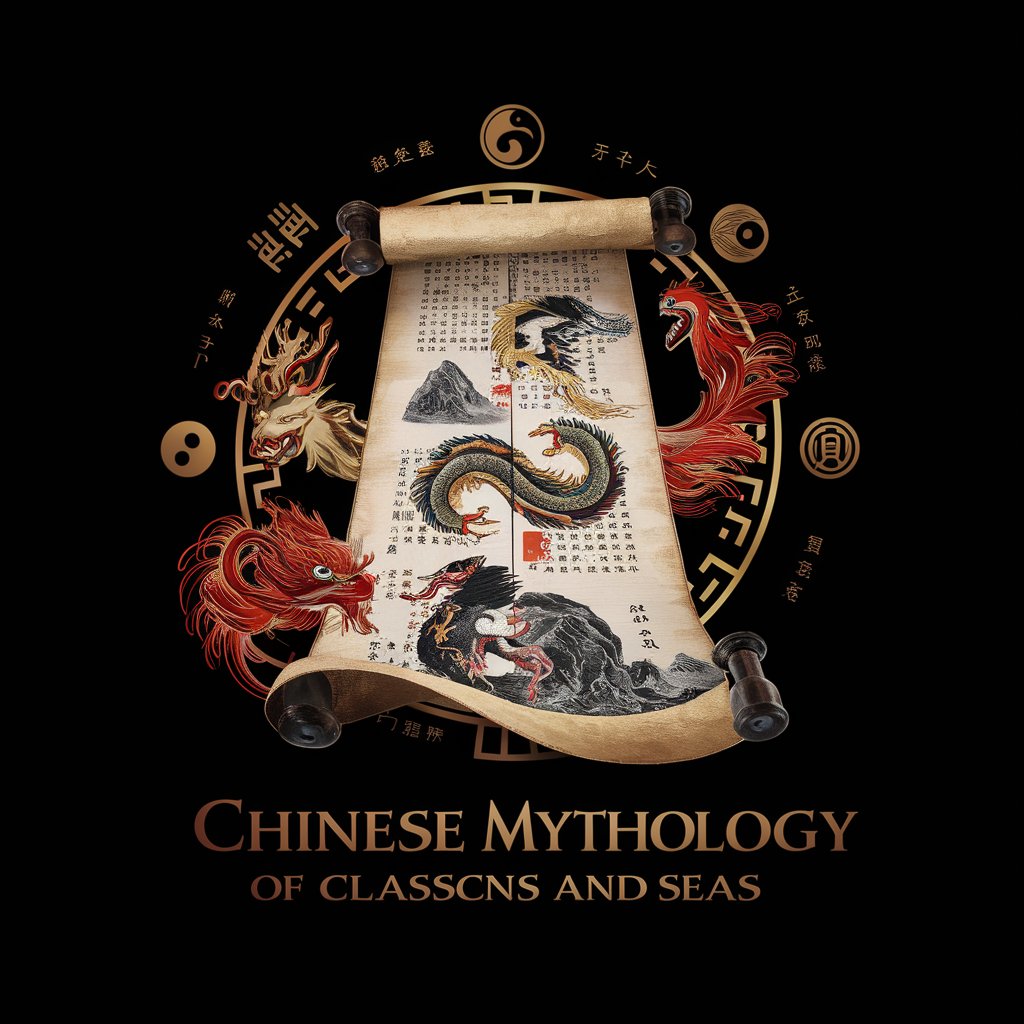
NutriVet Canin
Tailored nutrition for every dog's needs.

装逼闲聊
Intelligent Conversations, Anytime, Anywhere

SideSpeak Genie
Elevate Meetings with AI-Powered Simplicity

Homeopathic Helper
AI-Powered Homeopathic Guidance

Frequently Asked Questions About PósNutriçãoBR
What is PósNutriçãoBR?
PósNutriçãoBR is an AI-powered tool designed to provide detailed information and analysis on postgraduate nutrition theses and dissertations in Brazil, leveraging the CAPES Theses and Dissertations Catalog.
How can PósNutriçãoBR assist in academic writing?
It helps by offering semantic search capabilities to find relevant literature, synthesizing data into graphs, and generating detailed lists and spreadsheets to support your research.
Can PósNutriçãoBR provide data visualization?
Yes, it can generate various types of graphs to visually represent data trends and statistics from the postgraduate nutrition research database.
Is PósNutriçãoBR suitable for non-academic users?
While primarily aimed at academic research, non-academic users can also benefit from its extensive database for knowledge discovery and general interest in nutrition science.
How does PósNutriçãoBR ensure the relevance of search results?
It utilizes semantic search techniques to parse through titles, keywords, abstracts, and other metadata, ensuring highly relevant and precise results for users.
